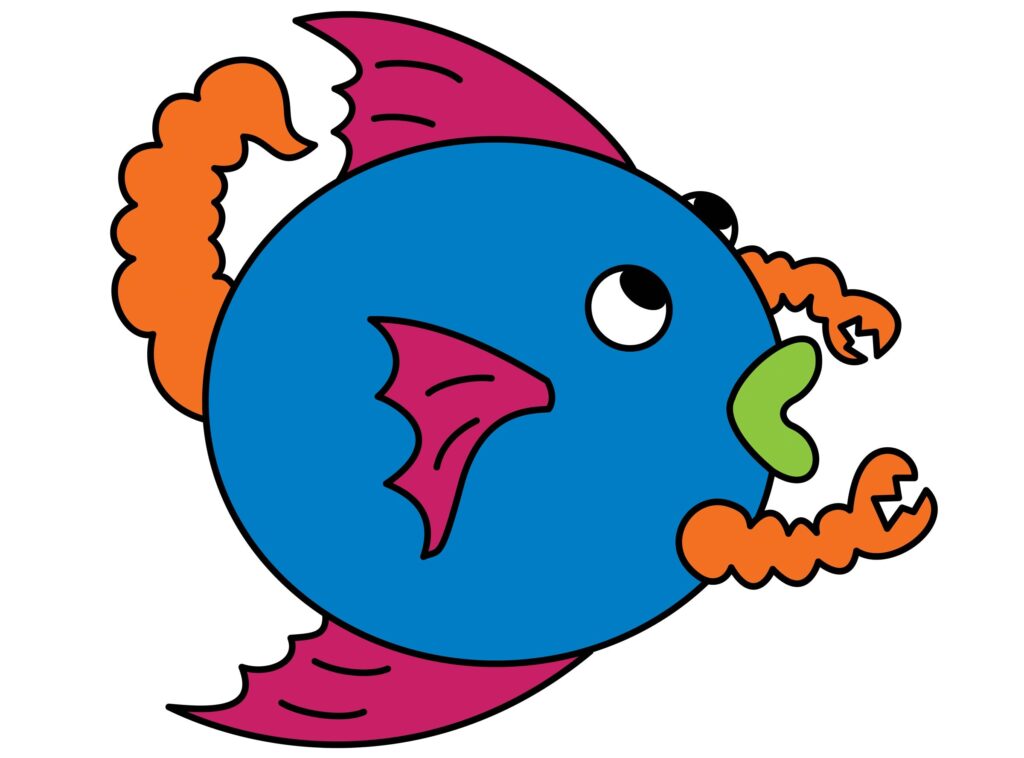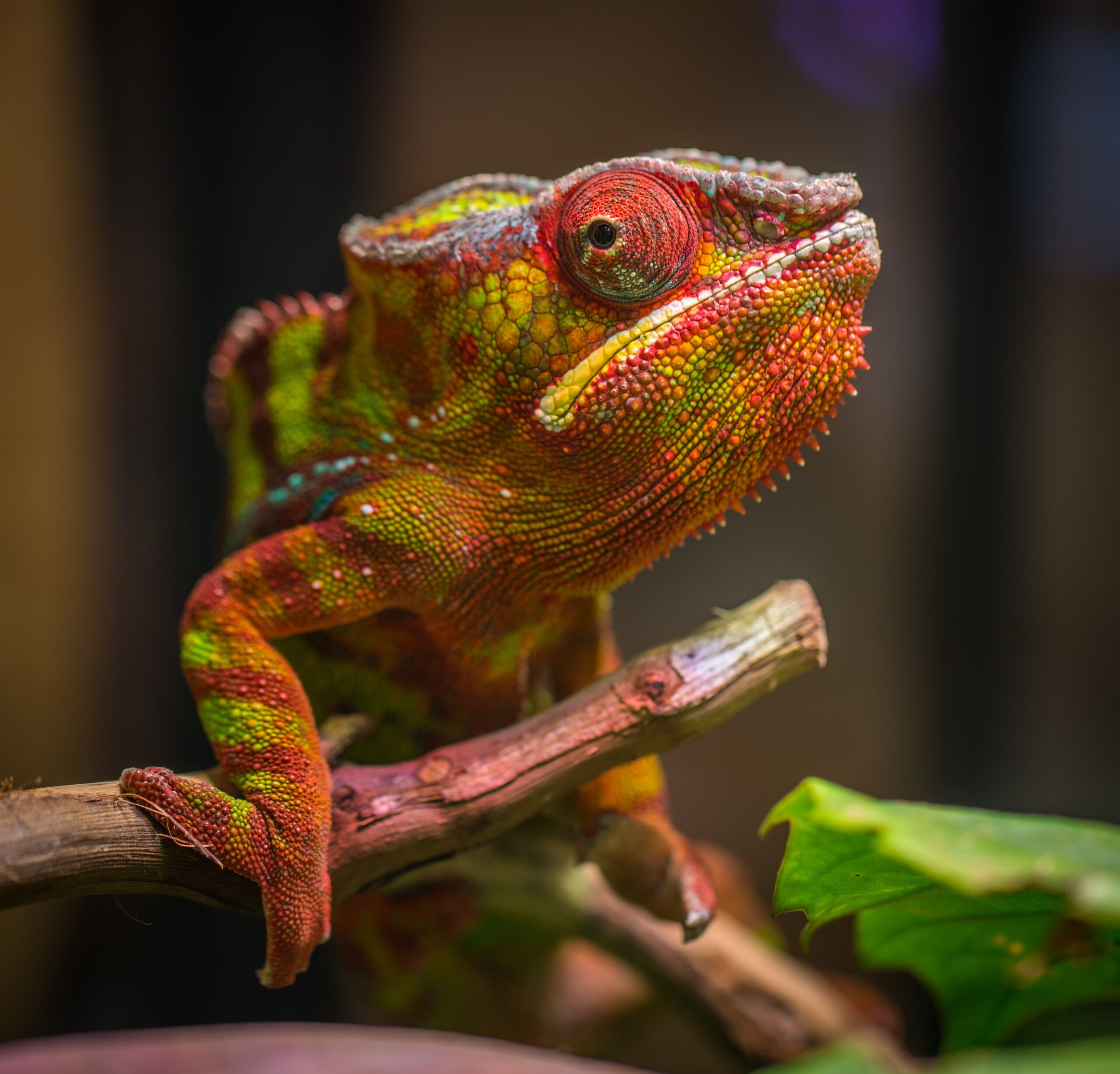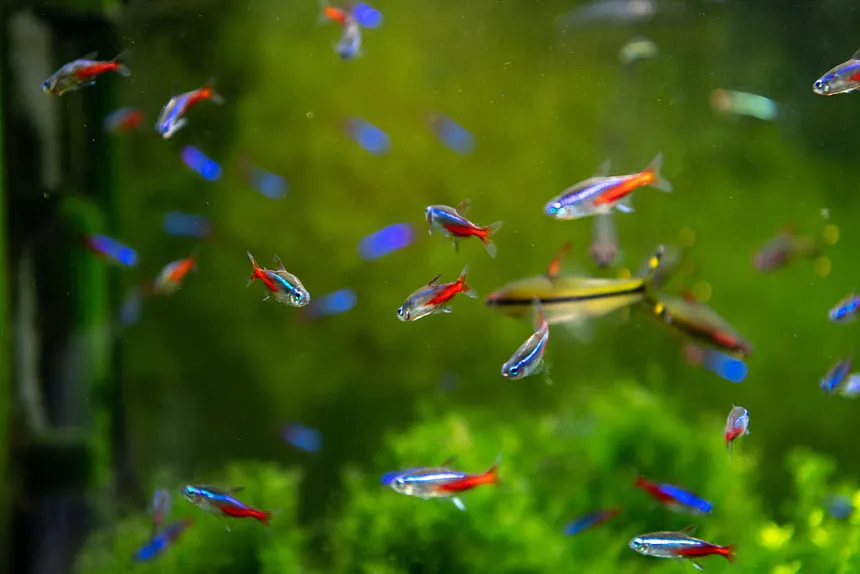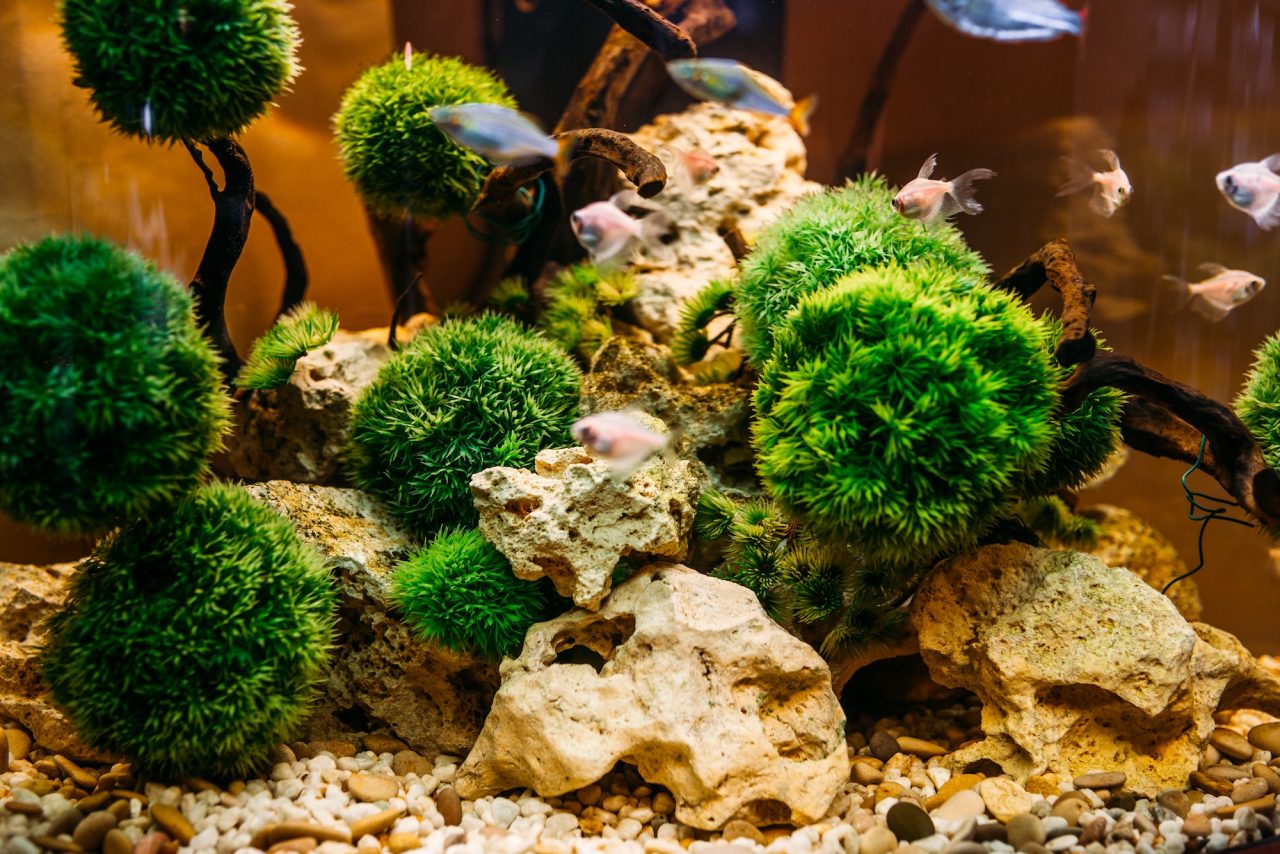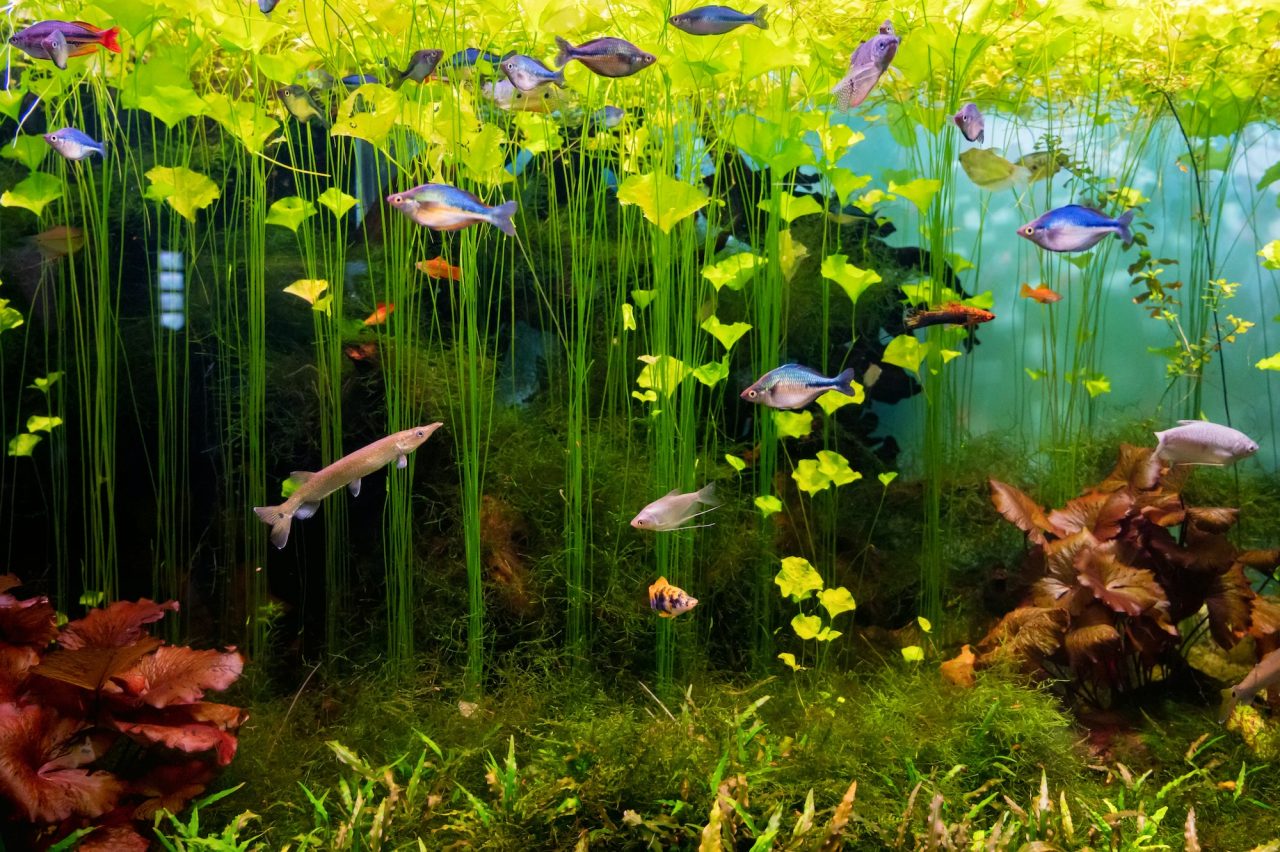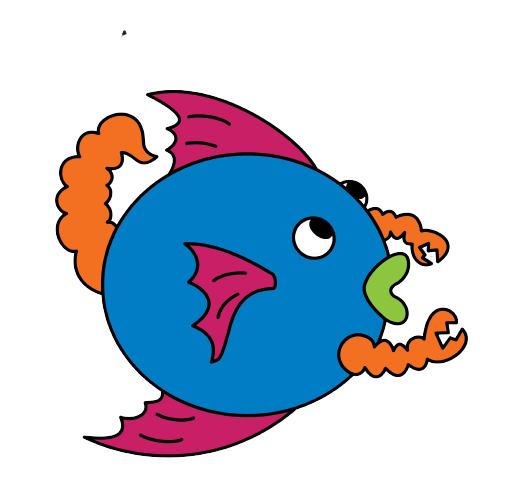There are two types of Discus available on the market today, wild Discus, which are taken from the Amazon region and sold directly to the consumer, and “tank-raised” Discus, which are born and raised in aquariums. The “tank-raised” Discus is everybody’s best bet, because they tend to be more hardy and less diseased. This “sensitive” breed requires precise water conditions, good filtration, regular feeding, and specific tank mates.
While it’s true that young Discus don’t normally show a lot of bright color, when fed the right food and kept in a healthy environment, they can show their brilliant colors at a younger stage.
The most important factor when raising Discus is to be sure that your water conditions are suitable for them. The Amazon’s water is very soft, warm, and acidic, so if you’re maintaining wild Discus, it would be very important, but somewhat demanding to mimic these conditions. Fortunately, all the Discus we carry at The Aquatic Critter are “tank-raised,” and through many years of selective breeding techniques, the breeders have yielded a much heartier specimen that does quite well in an aquarium with a stable temperature anywhere from 82° to 90°, pH of 6.8 to 7.6, and a hardness of 60-120 PPM.
As a general rule of thumb, change slightly more than one third of your aquarium’s water about every two weeks. Changing too much water can rid your tank of beneficial bacteria that keep your fish healthy. It’s very important that you pay attention to the water temperature when adding new water to the aquarium. Make sure it’s exact to the tank’s. This is a good preventive to the most common fish disease known as ich. Water changes are important to keep the tank clean from excess food and waste, and they also promote fish growth. Discus don’t do well in dirty water!
Filtration is another important factor when keeping Discus. There are several different types of filters suitable for a Discus aquarium. We recommend Eheim’s line of canister filters as we’ve found these to be the most effective and maintenance easy filters available on the market today.
Feeding habits are going to differ from fish to fish, depending on what they were fed as young fish. Discus seem to acquire particular feeding habits, meaning they will usually pick certain foods and stick with them. This is why it’s a good idea to feed them a food high in all essential nutrients, e.g., frozen bloodworms, beef heart, krill, or brine shrimp. Young Discus should be fed three times a day to promote growth, and adult Discus should be fed two times a day. Be careful not to over feed as excess food on the bottom of the aquarium causes dirty water.
Give them plenty of places to hide, hiding spots will make them feel more comfortable. Use rocks to create caves, and driftwood to create structure. Live plants are always a good addition, they provide good cover for the fish, are beautiful, and are also a natural filter. We have found that most plants don’t do well at higher temperatures, although most varieties of “rooted” plants do quite well. Discus do well in community aquariums as long as they are the dominant fish. Stick with the smaller varieties of tetras, such as Lemons, Neons, Rummy-nose, and so on. Rams are also good tank-mates. Virtually any variety of smaller catfish or plecostomus can be placed in a Discus aquarium. Cory Catfish are a great addition because they will keep the bottom of the aquarium clean, and pleco’s take care of that unwanted algae.
At The Aquatic Critter, we have a new Discus supplier that provides us with some of the nicest tank-raised Discus we have ever seen. Come in and see for yourself!
